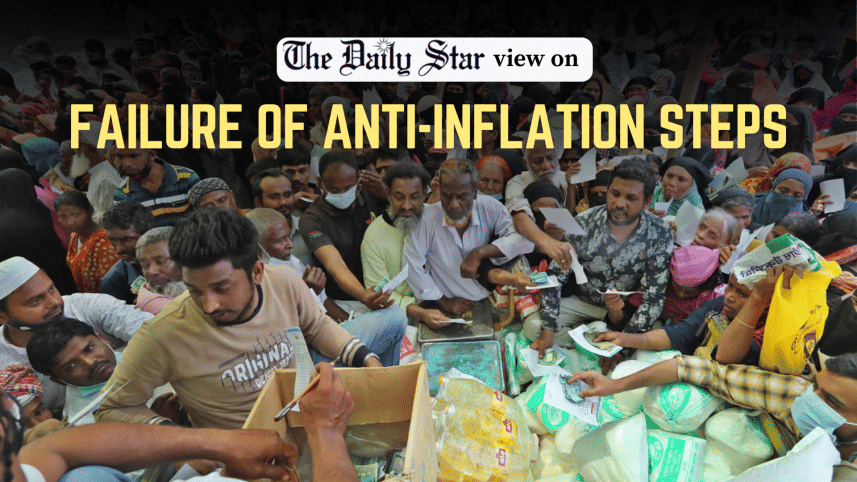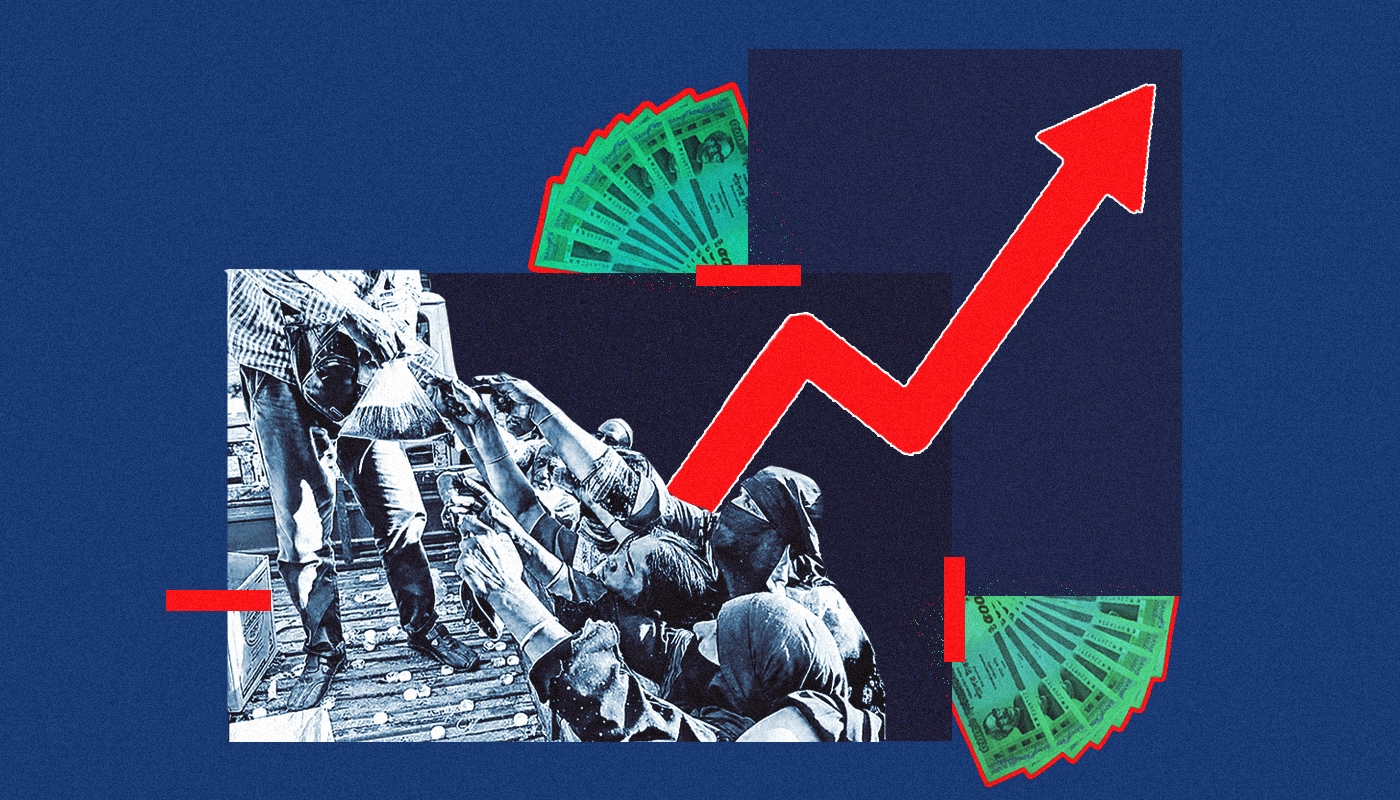Govt must do more to reduce prices

According to the World Food Programme (WFP), around 38 percent of low-income households in Bangladesh were food insecure in August, as essential commodity prices only slightly decreased after the interim government took office. We must say the continuation of this situation to this date is deeply distressing. The government should have placed greater emphasis on reducing prices considering the suffering of the people, especially those in the low-income bracket.
In July, food inflation reached an all-time high of 14.1 percent due to disruptions in the supply chains during the mass uprising. Food security further deteriorated in August due to floods across 11 or more districts, leading to over a million people being affected, 74 being killed, and an estimated loss of over Tk 14,269 crore. The country also incurred huge losses during Cyclone Remal, which had a devastating impact on 20 districts, affecting almost four lakh people and causing an estimated loss of over Tk 7,000 crore. As a result of these external shocks and various other factors inflating prices, about three in every 10 households could not afford an adequate diet in August. The number rises to six in every 10 households when considering only the low-income segment.
The country has been experiencing continuous inflationary pressure for around two years now. With people's real income and purchasing power deteriorating or stagnating, households are being forced to either rely on credit purchases or spend from their savings. In fact, the situation has become so severe that the most vulnerable households have had to resort to various coping strategies to deal with food insecurity, with about seven in every 10 selling assets to make do.
Under these circumstances, it is hard to accept the interim government's failure to remotely address the inflationary crisis. In an effort to contain prices, it recently set prices of some goods, but in a manner reminiscent of the previous government, it has failed to enforce them. Experts say that simply setting prices—without understanding the ground realities of why prices are remaining high or addressing the underlying reasons—is the wrong approach. Unfortunately, we haven't seen much else being done by the government to address food inflation.
We urge the authorities to learn from their failed interventions, take strict measures against any syndicates profiting off increased prices by creating an artificial crisis, and improve supply-chain conditions. Additionally, they should increase allocations for subsidised food programmes, such as the Open Market Sales, and other initiatives of the Trading Corporation of Bangladesh to ease some of the pressures on low-income groups.



 For all latest news, follow The Daily Star's Google News channel.
For all latest news, follow The Daily Star's Google News channel. 

Comments